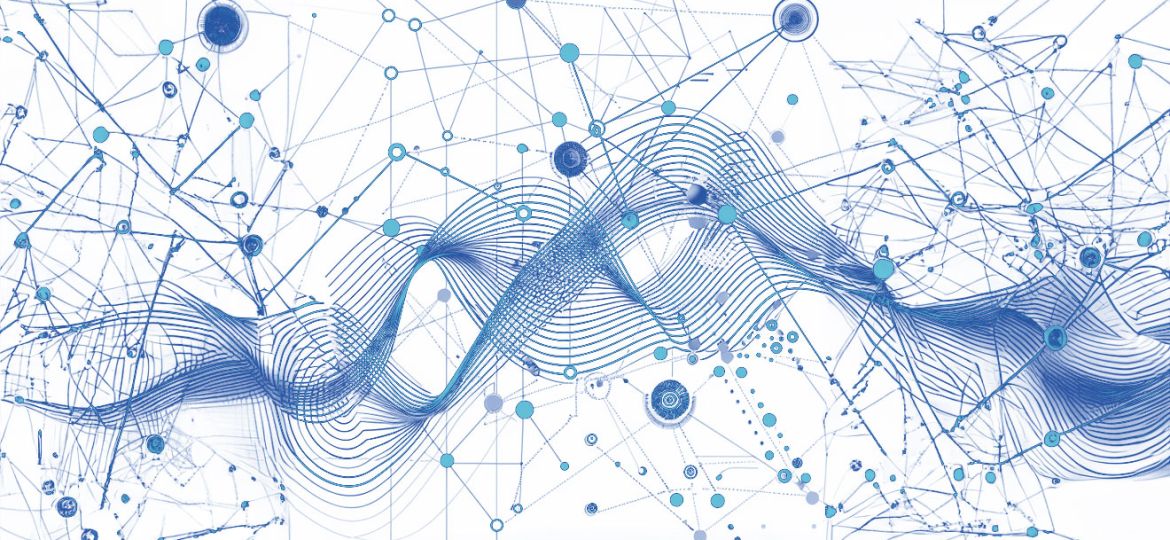
Looking at Lundvalls framework for the economics of knowledge and earning economies.
The Economics of Knowledge
Lundvall discusses the economics of knowledge from the perspective of knowledge as an asset, arguing that modern economies should be described as learning economies and classical economic theory is inadequate to explain the economics of knowledge.
In this book chapter Lundvall discusses the economics of knowledge – its production, diffusion and use – from the perspective of knowledge as an asset. In this context, a central issue is the nature of knowledge in terms of its transferability across time, space and people. As a framework to analyse and understand this, Lundvall classifies knowledge into four categories:
- Know what – refers to knowledge about facts
- Know why – refers to knoweldge abou underlying principles and laws of nature and society
- Know how – refers to knowledge about skills and competencies
- Know who – refers to a combination of information and social relationships across knowledge networks.
Lundvall uses this framework to consider the economics of knowledge around a series of dichotomies, particularly public versus private knowledge, tacit versus codified knowledge, and local versus global knowledge.
He argues that most knowledge is neither strictly public nor strictly private. From a knowledge perspective, the traditional dichotomy between public versus private is becoming less relevant; rather, hybrid forms of knowledge are becoming increasingly important. Thus organisations need to engage simultaneously in copying well known routines from others, exploiting internal capabilities and building new capabilities.
While there is an increasing move toward codified knowledge, there are natural limits to the extent to which some types of knowledge can be codified and shared. There may be marked differences among various sectors with regard to their knowledge base and the extent of tacit knowledge. This in turn will impact the production, diffusion, and use of knowledge, with those with a high degree of tacit or non-codified knowledge likely to find it more difficult to systematically progress towards more efficient practices. Education is a typical example of a sector characterised by a large degree of tacit or non-codified knowledge.
Not only is knowledge an output of knowledge production (innovation), it is also a critical input. Knowledge, in terms of skills and competencies, increases with use – and is also an output of the innovation process in terms of the development of new skills and competencies – and thus cannot be considered scarce in the traditional economic sense. Another aspect of innovation is that it is a part of the process of ‘creative destruction’ in that while it may lead to new markets opening, it will simultaneously close down old ones. Additionally, much of the knowledge required to function successfully in the old market may also become obsolete. Recent models of innovation emphasise that innovation is an interactive process; firms seldom innovate alone.
While innovation is vital to modern, advanced economies, the greatest economic impact comes from broadening the use of knowledge in the economy, across firms and sectors. Increasing specialisation in knowledge production makes mediation of knowledge between firms or sectors crucial for the system as a whole. A second way of diffusing new knowledge is through interactive learning with the knowledge holder.
Lundvall argues that characterising modern economies as knowledge economies is misleading; rather they should be considered learning economies, where knowledge is a key asset and interactive learning is a key process to economic performance.
To fully understand industrial dynamics in a learning economy requires input from other disciplines than economics. Classical economic theory is inadequate to fully understand the economics of knowledge in that it assumes the economic process can only be understood as being socially embedded.
This annotated bibliography was developed from the following book chapter:
Lundvall B (2000) The Economics of Knowledge and Learning. In Christensen J.L. and Lundvall B Product Innovation, Interactive Learning and Economic Performance (Research on Technological Innovation, Management and Policy, Volume 8). Emerald Group Publishing Ltd pp 21-42.



